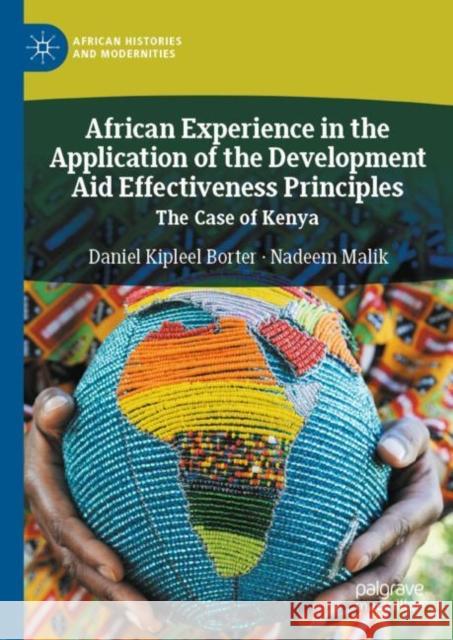African Experience in the Application of the Development Aid Effectiveness Principles: The Case of Kenya » książka
African Experience in the Application of the Development Aid Effectiveness Principles: The Case of Kenya
ISBN-13: 9789811983672 / Angielski / Twarda / 2023 / 277 str.
African Experience in the Application of the Development Aid Effectiveness Principles: The Case of Kenya
ISBN-13: 9789811983672 / Angielski / Twarda / 2023 / 277 str.
(netto: 498,38 VAT: 5%)
Najniższa cena z 30 dni: 462,63
ok. 16-18 dni roboczych.
Darmowa dostawa!
This book analyses the diffusion and implementation of Aid Effectiveness Principles in Kenya’s agricultural sector. Although Aid Effectiveness Principles represent a significant step in aid and development discourse, studies on its implementation remain inadequate, especially in the African context. This book combines the perspectives of the Kenyan government, donor representatives and small-scale farmers. The discussion on Kenya brings in comparative perspectives and, therefore, would have broader relevance to the African region, in general. It highlights a disconnect between the government and farmers concerning the ownership concept, where farmers lack a voice in important policy matters. The book shows that donors have exploited the weaknesses in government responses to interpret The Principles in ways that suit their strategic interests. Consequently, the book argues that the diffusion of Aid Effectiveness Principles has taken the form of symbolic imitation – a form of policy diffusion where the policymakers choose policies for their symbolic value rather than their effectiveness.
This book analyses the diffusion and implementation of Aid Effectiveness Principles in Kenya’s agricultural sector. Although Aid Effectiveness Principles represent a significant step in aid and development discourse, studies on its implementation remain inadequate, especially in the African context. This book combines the perspectives of the Kenyan government, donor representatives and small-scale farmers. The discussion on Kenya brings in comparative perspectives and, therefore, would have broader relevance to the African region, in general. It highlights a disconnect between the government and farmers concerning the ownership concept, where farmers lack a voice in important policy matters. The book shows that donors have exploited the weaknesses in government responses to interpret The Principles in ways that suit their strategic interests. Consequently, the book argues that the diffusion of Aid Effectiveness Principles has taken the form of symbolic imitation – a form of policy diffusion where the policymakers choose policies for their symbolic value rather than their effectiveness.











